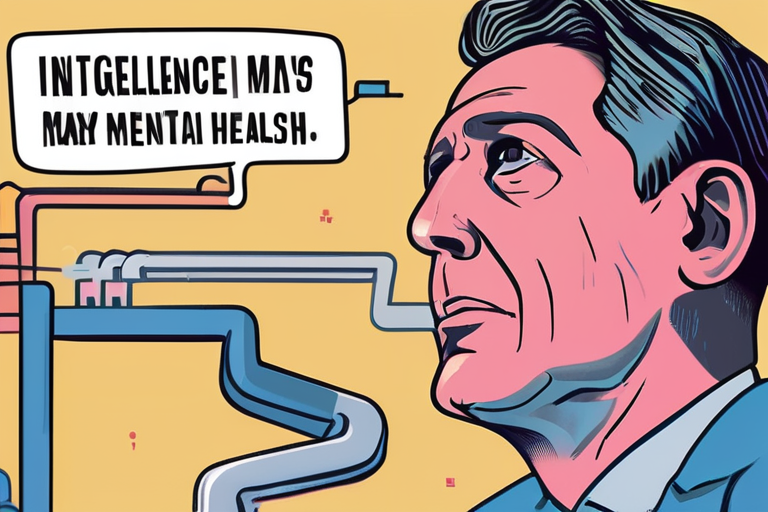

Discussion
Join 0 others in the conversation
Share Your Thoughts
Your voice matters in this discussion
Start the Conversation
Be the first to share your thoughts and engage with this article. Your perspective matters!
More Stories
Discover articles from our community

Linux Turns 34 - Slashdot
 Hoppi
Hoppi

‘Steel Ball Run JoJo’ Anime Unveiled for Netflix Japan 10th Anniversary Alongside Cannes Winner Yakusho Koji Comedy
 Hoppi
Hoppi

Will Tariffs Cause Inflation? Here’s What The Past 225 Years Says
 Hoppi
Hoppi

Headless CMS Revolution: Composability and Security Take Center Stage
 Hoppi
Hoppi

McDonald's is bringing back Monopoly for the first time since the 'McMillions' scammer was exposed for stealing $24 million in prizes | Fortune
 Hoppi
Hoppi
Turok: Origins Roars Back to Life with Dino-Slaying Action and Mystery Co-op Replay Value
 Hoppi
Hoppi

Linux Turns 34 - Slashdot
Linux Marks 34 Years Since Its Humble Beginnings On August 25, 1991, Linus Benedict Torvalds, a computer science student from …

Hoppi

‘Steel Ball Run JoJo’ Anime Unveiled for Netflix Japan 10th Anniversary Alongside Cannes Winner Yakusho Koji Comedy
Netflix Japan Celebrates 10th Anniversary with Trio of New Anime Series In a major coup for the streaming giant, Netflix …

Hoppi

Will Tariffs Cause Inflation? Here’s What The Past 225 Years Says
MoneyInvestingWill Tariffs Cause Inflation? Heres What The Past 225 Years SaysByMike Patton,Senior Contributor.Forbes contributors publish independent expert analyses and insights. …

Hoppi

Headless CMS Revolution: Composability and Security Take Center Stage
Off with Your CMSs Head: Composability and Security in Headless CMS In a recent episode of Stack Overflow's podcast series, …

Hoppi

McDonald's is bringing back Monopoly for the first time since the 'McMillions' scammer was exposed for stealing $24 million in prizes | Fortune
McDonald's Revives Monopoly Game After Decade-Long Hiatus McDonald's is bringing back its iconic Monopoly game on October 6, 2025, nearly …

Hoppi
Turok: Origins Roars Back to Life with Dino-Slaying Action and Mystery Co-op Replay Value
Turok: Origins Roars Back to Life with Dino-Slaying Fun At Gamescom 2025, a select group of gamers got their first …

Hoppi

